20 things we learned about democracy in September 2014
September 2014 was a big month for democracy, with party conferences and of course the Scottish independence referendum. Democratic Audit’s Sean Kippin rounds up 20 things that we learned about democracy this month, and talks about the referendum and conferences, but also elections in the House of Lords, human rights, and KFC chicken.
1) Are we not men? We are Devo (Max)!
Despite agreement on the desirability of “devo max”, there is no agreement as to what “devo max” actually is, at least between the political parties deciding on Scotland’s constitutional future, according to Professor Paul Cairney of Stirling University. Find out more here.
2) …to each according to his need
Parties of the left are more likely to use their parliamentarians salaries as a source of party funding than are parties of the right, according to research carried out by Nicole Bolleyer and Siim Trumm. Find out more here.
3) The United Kingdom Independence… Party!
The public expect that more fun is had at the UKIP conference than at the Labour, Conservative or Liberal Democrat conferences according to YouGov polling. Find out more here.
4) Songs from Northern Britain
A number of musicians north of the border are fans of direct democracy, yet disappointed at the results it can produce. Find out more here.
5) Pride (2014)
Despite much talk of public disenchantment with politics, according to NatCen data, pride in British democracy has actually increased since 1995, when John Major was Prime Minister. Find out more here.
6) Signifier
Nothing was more strongly correlated with the level of Yes support in each council area in the Scottish independence referendum than the level of unemployment. Find out more here.
7) Lava, you shouldn’t have come over
Elections can be derailed by abrupt lava flows, at least in the US State of Hawaii. Find out more here.
8) Headless chicken
Predictions about important constitutional referendums are unreliable when based on the shape of pieces of chicken bought from KFC. Find out more here. Find out more here.
9) The voice of big business
One Tory MP’s belief in free speech doesn’t extend to Chief Executives of major corporations with a pro-EU viewpoint. Find out more here.
10) Disenfranchised
906,000 Scots were excluded from voting in the referendum on independence, according to Democratic Audit contributors Craig and Richard Berry. Find out more here.
11) Bloated
The average population served by a local authority in the UK is 144,885, compared to an EU average of 5,635, according to Democratic Audit Research Associate Richard Berry. Find out more here.
12) Building something out of nothing
The SNP doubled its membership in the week following the independence referendum, making them the biggest party in Scotland, and the third biggest in what is (regrettably as far as they’re concerned) still the United Kingdom. Find out more here.
13) New Zealand… Rocks!
New Zealand, it has been argued by Dylan Matthews, has the best designed government in the world. Find out more here.
14) Damp squib?
The Scottish Independence Referendum turnout was an enormous 84.6% – though this is lower referendums in Malta (91%) and Quebec (93.5%), and elections in Nauru (97%) and New Zealand (97.6%). Find out more here.
15) Defects
Despite mounting defections from the Conservatives to UKIP, most Tory members prefer the idea of continuing in Coalition with the Liberal Democrats to teaming up with Nigel Farage. Find out more here. Find out more here.
16) Minority report
Support for independence for Wales has hit an all-time low, with only 3% (according to a recent poll) wanting to cut their ties with England, Scotland and Northern Ireland. Find out more here.
17) Silencer
Turkey has the worst press freedom score of the current crop of aspirant EU member states, and Serbia the best. Find out more here.
18) One Nation
UKIP are the only political party to have an elected member at national level (meaning either an MP, a member of a devolved assembly or Parliament, or an MEP) in all four corners of the United Kingdom, according to to FullFact (and Nigel Farage). Find out more here.
19) Injection of conjecture
Despite claims to the contrary from esteemed British press outlets, the European Court of Human Rights has not decreed that hard drugs and pornography is now a right. Find out more here.
20) Lord John David Clotworthy Whyte-Melville Foster Skeffington, 14th Viscount Massereene and 7th Viscount Ferrard?
Democracy is actually thriving in the House of Lords, as evidenced by the level of debate generated by the would-be hereditary members of the House of Lords through their candidate statements. Find out more here and here.
—
Note: this post represents the views of the authors and not those of Democratic Audit or the LSE. Please read our comments policy before posting.
—
 Sean Kippin is Managing Editor of Democratic Audit, and is responsible for DA’s website, blog and wider output. He has a BA in Politics from the University of Northumbria and an MSc in Political Theory from the LSE. He has worked for MPs Nick Brown and Alex Cunningham, as well as the Smith Institute think tank. He has been at Democratic Audit since June 2013, and can be found on twitter at @se_kip.
Sean Kippin is Managing Editor of Democratic Audit, and is responsible for DA’s website, blog and wider output. He has a BA in Politics from the University of Northumbria and an MSc in Political Theory from the LSE. He has worked for MPs Nick Brown and Alex Cunningham, as well as the Smith Institute think tank. He has been at Democratic Audit since June 2013, and can be found on twitter at @se_kip.
—
1) Marshall Astor, CC BY SA 2.0; 2) Philip Taylor, CC BY 2.0 3) Global Panorama, CC BY ND 2.0, 4) amateur photography by… CC BY 2.0 5) Elliott Brown, CC BY 2.0 6) Alan Stanton, CC BY ND 2.0 7) Bruce McAdam, CC BY ND 2.0, 8) Marufish, CC BY ND 2.0, 9) Credit: Mark Hillary, CC BY 2.0, 10) Jakub Kadlec, CC BY 2.0, 11) Elliott Brown, CC BY 2.0, 12) Scottish Government, CC BY 2.0, 13) brewbooks, CC BY ND 2.0, 14) Australian Department of Foreign Affairs, CC BY 2.0, 15) Euro Realist Newsletter, CC BY ND 2.0, 16) Ben Salter, CC BY 2.0, 17) Alan Hilditch, CC BY 2.0, 18) Credit: Stephen West, CC BY 2.0, 19) Mikey, CC BY 2.0, 20) Klearchos Kapoutsis, CC BY 2.0

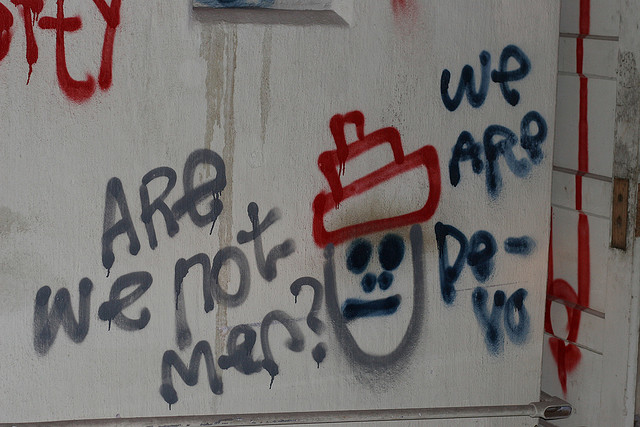

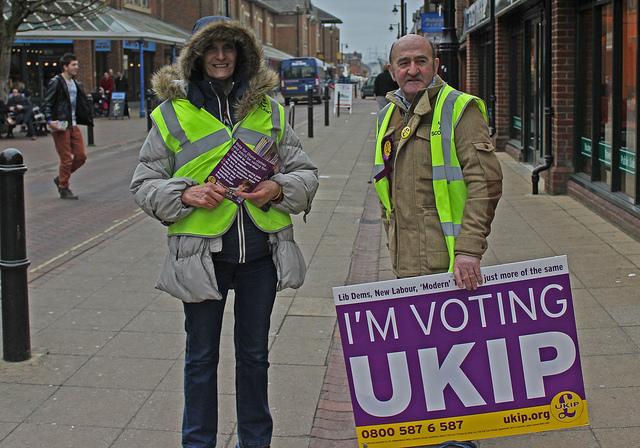



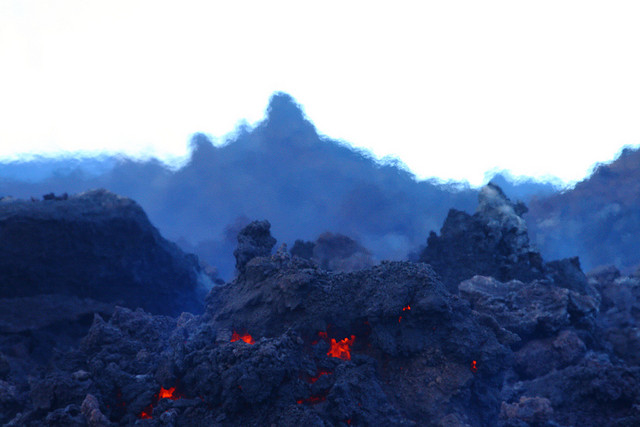

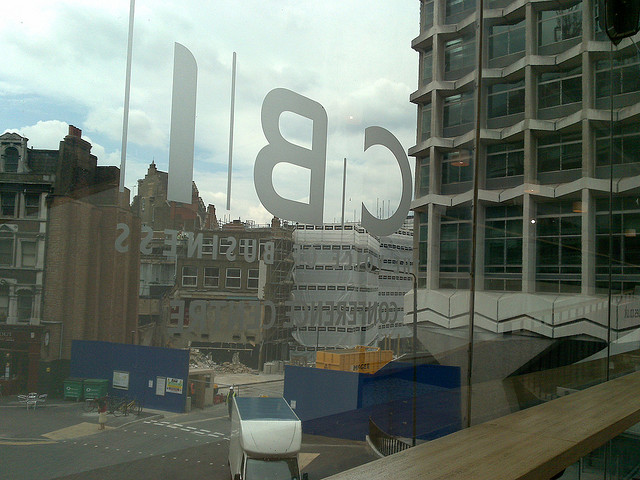

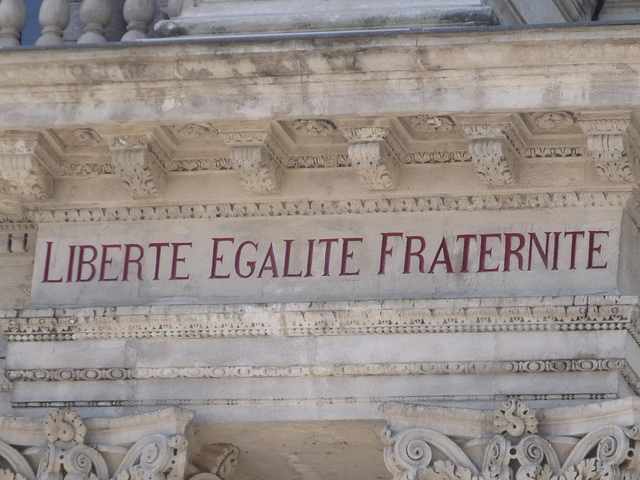
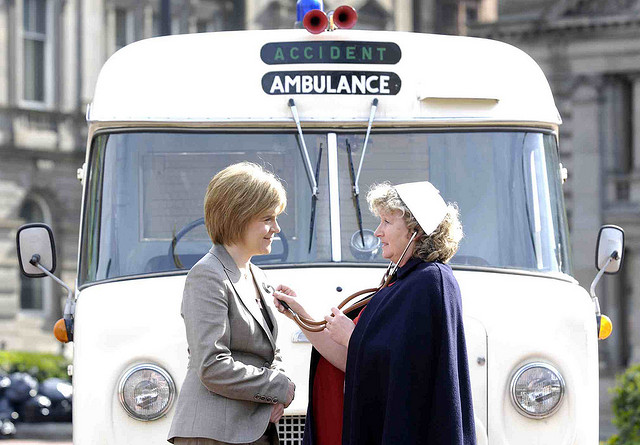
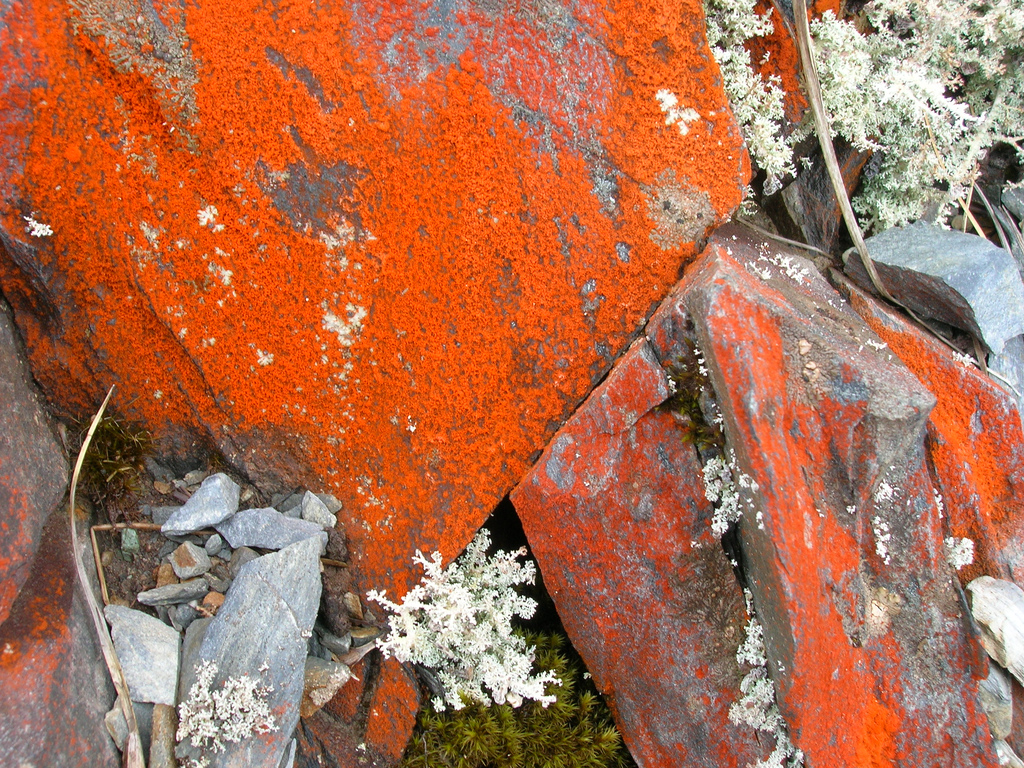
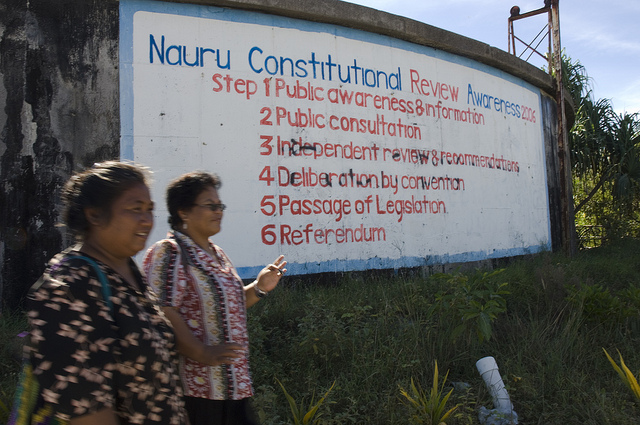
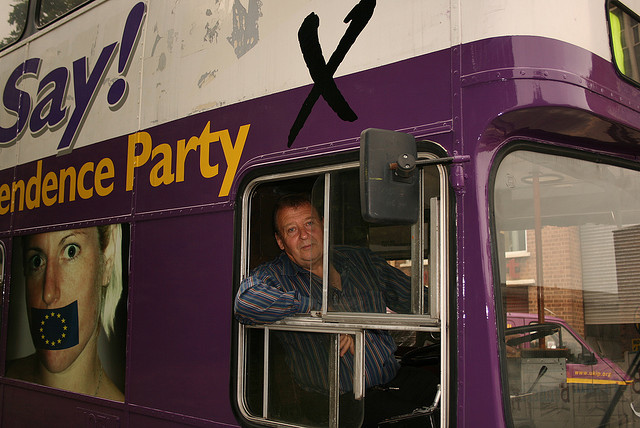
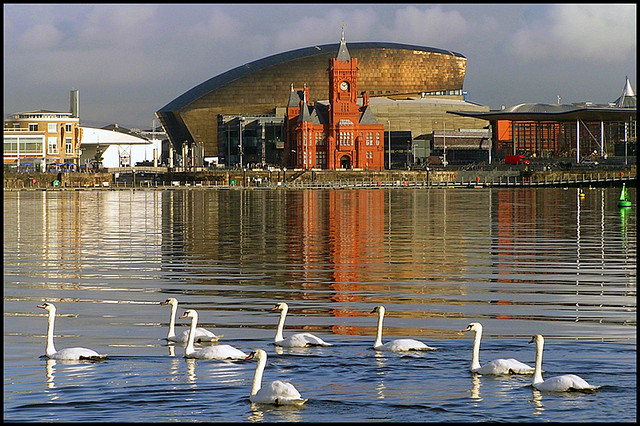

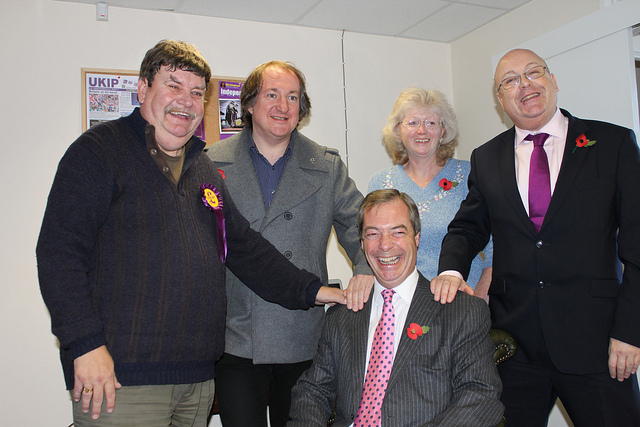

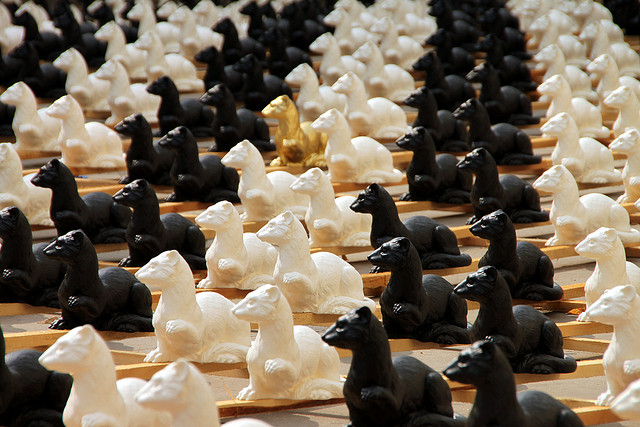




 Democratic Audit's core funding is provided by the Joseph Rowntree Charitable Trust. Additional funding is provided by the London School of Economics.
Democratic Audit's core funding is provided by the Joseph Rowntree Charitable Trust. Additional funding is provided by the London School of Economics.
Great stuff MT @LSEPubAffairs 20 things we learned about #democracy in September https://t.co/2U2Q17rkgu
top 20 things we learned about democracy this week from my bro @se_kip https://t.co/VZ41YBC1Dv
’20 things we learned about democracy in September’ courtesy of @democraticaudit https://t.co/kuTCxwJ0F6
20 things we learned about democracy in September 2014 https://t.co/gFUyS0MdIu
20 things we learned about democracy in September 2014by @se_kip https://t.co/srE3bkgkUY
Today’s must read: 20 things we learned about democracy in September from @se_kip & @democraticaudit https://t.co/qec2uI8ZXn
A great post on DA today by @PaulaZoido https://t.co/8lvPAaUNzA – the seriousness of which nicely contrasts with mmine https://t.co/HiONnwI4cZ
20 things we learned about #democracy in September 2014 https://t.co/fgFym9Ryn8
Worth reading for the puns alone: @se_kip on 20 things we learned about democracy this month for @DemocraticAudit https://t.co/BQiME2Yzpo
Lots of interesting democracy trivia from month of September by @se_kip at @democraticaudit here: https://t.co/fFTgZgLGu0
20 things we learned about democracy in September 2014 https://t.co/mNnA5lehK4